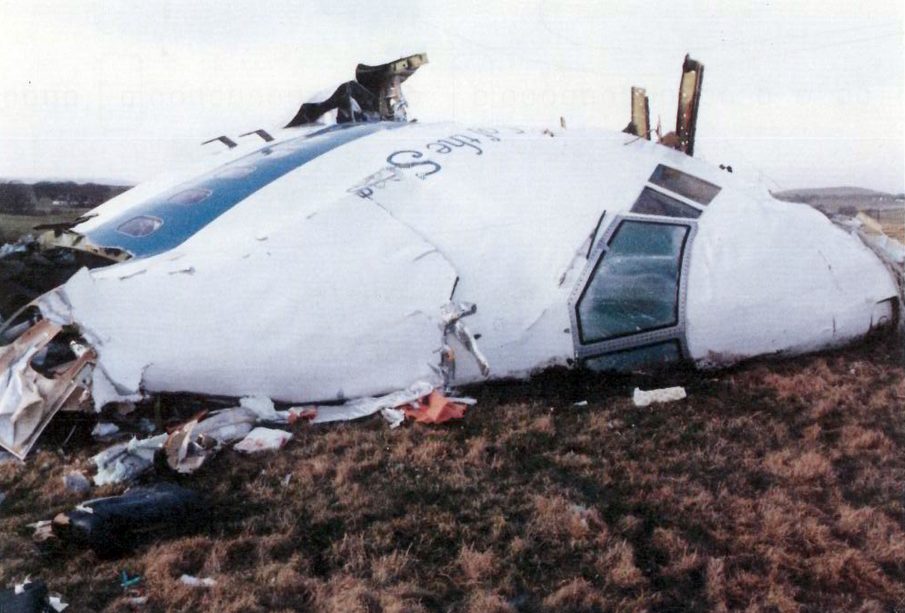The Lockerbie Bombing: Unraveling a Historical Tragedy

Introduction
The Lockerbie bombing remains one of the most significant tragedies in aviation history, involving the destruction of Pan Am Flight 103 over the Scottish town of Lockerbie on December 21, 1988. The incident, which led to the loss of 270 lives, has had profound implications on international security and terrorism laws, highlighting vulnerabilities in aviation safety and sparking a global discourse on terrorism.
Details of the Incident
On that fateful evening, Pan Am Flight 103 was en route from London to New York City when it exploded over Lockerbie. The blast claimed the lives of 243 passengers and 16 crew members onboard, as well as 11 residents of the town. Investigations quickly pointed to a bomb placed in the aircraft, leading to a multi-national effort to uncover the perpetrators.
Investigation and Legal Proceedings
The investigation was complex and involved collaboration across multiple countries, including Scotland, the United States, and Libya. In 1991, Libyan intelligence officer Abdelbaset al-Megrahi was indicted as the primary suspect. After years of diplomatic negotiations, he was eventually sentenced to life imprisonment in 2001. In a surprising turn, Megrahi was released on compassionate grounds in 2009, which led to widespread criticism and renewed tensions between Libya and Western nations.
International Impact
The Lockerbie bombing had far-reaching consequences. It led to stricter regulations in air travel security and increased scrutiny on baggage checks and passenger screening procedures. Additionally, international relations shifted, particularly between Western nations and Libya, altering diplomatic landscapes that had lasting effects on counter-terrorism efforts.
Current Reactions and Legacy
Reflecting on the tragedy, families of victims continue to advocate for justice and remembrance. The incident remains a poignant reminder of the threat posed by terrorism and the importance of international cooperation in combating such challenges. With the 35th anniversary of the bombing approaching, discussions around memorials and educational initiatives emphasise the need to keep the victims’ memories alive.
Conclusion
The Lockerbie bombing not only marked a dark chapter in aviation history but also catalysed significant changes in international security protocols and domestic counter-terrorism strategies. As we continue to confront the realities of global terrorism, understanding the long-lasting impact of tragic events like the Lockerbie bombing is crucial for shaping future policies and ensuring that history does not repeat itself.









